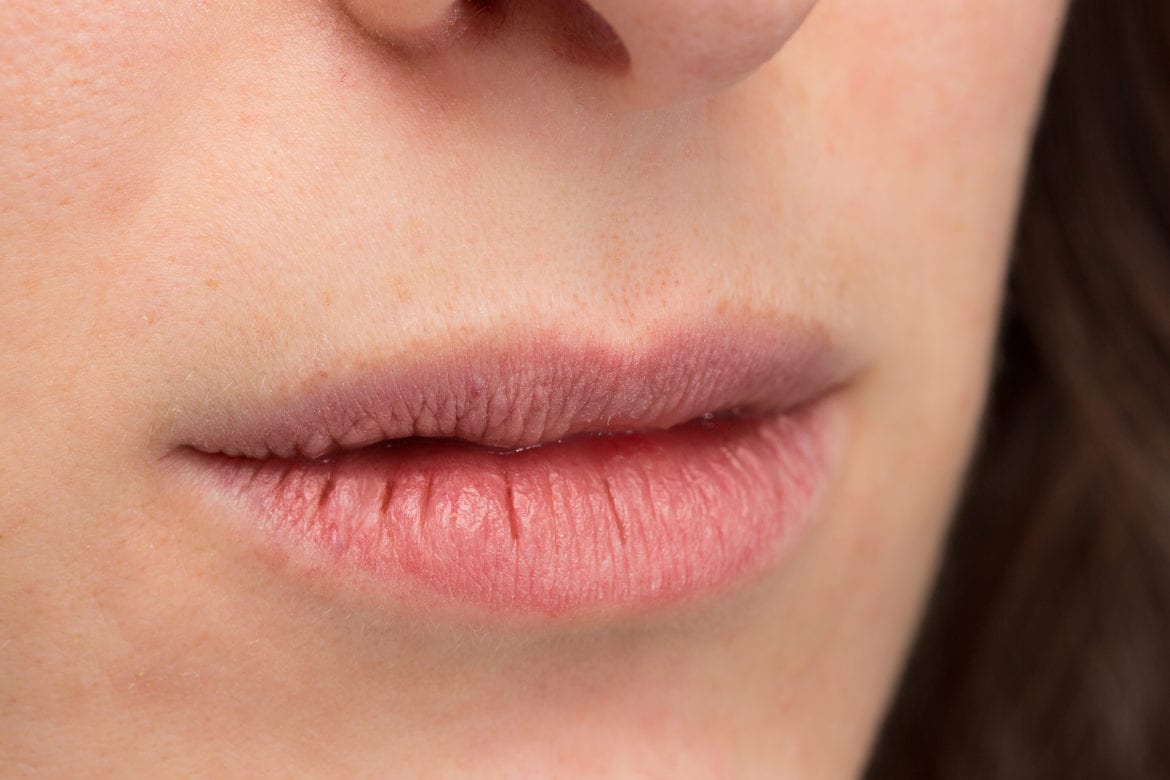We all grew up learning you should brush your teeth twice a day, floss and see a dentist for regular checkups. We learned that on occasion you might have a cavity that will need to be filled or perhaps crooked teeth that may require braces. For many, this is the extent dentistry concerns will impact their life. However, for me and so many others who live with similar conditions, dentistry takes a far more important role.
For us, dental issues are health issues.
For example, one condition I have is called Sjögren’s syndrome. It was first suspected that I may have Sjögren’s in my 20s by my ophthalmologist because my eyes were so dry. I have punctual plugs inserted into my tear ducts to make them tear normally and still have to use daily eyedrops. The diagnosis was later confirmed by my rheumatologist, and I’ve been living with Sjögren’s for over 15 years. People who have Sjögren’s syndrome have a variety of health issues. One issue is the inability to produce adequate amounts of saliva. Sjögren’s is also a condition that often accompanies other immune system disorders. For example, I also have ankylosing spondylitis and arthritis, to name a couple.
With Sjögren’s syndrome, the mucous membranes and moisture secreting glands of your eyes and mouth are usually affected first — resulting in decreased tears and saliva. Sjögren’s can also affect other parts of the body such as the joints, thyroid, kidneys, liver, lungs, nerves and skin. Sjögren’s shares many similarities to multiple sclerosis as well. Saliva contains important elements such as bicarbonate, calcium and phosphate. They not only neutralize plaque acids, but also help repair early tooth damage and decay. If dry mouth persists for months or years, the decreased salivation can lead to many oral complications such as progressive tooth decay, loss of teeth, oral infections and difficulty swallowing. Individuals who live with Sjögren’s syndrome will likely require a much greater amount of dental work than the average person without Sjögren’s. Unfortunately, this does not change the fact that Sjögren’s cruel effect on the teeth is not treated as a healthcare issue.
For example, I’ve had to pay at least 40+ thousand in dental care treatments over the years, and that doesn’t include what my dental insurance has also paid. Unfortunately, even very high standard dental insurance is very limited on how much it will cover. As a result, people like me are stuck paying thousands of dollars for procedures that are the direct result of a disease rather than improper dental hygiene, something I work extraordinary hard to maintain. I belong to an online support group for other people who have Sjögren’s syndrome and the topic of dental work comes up quite often. There was one thread recently that I found rather disturbing. Many people were talking about how they were just having their teeth pulled because it was cheaper. One person in particular said that she went to Mexico to have her teeth pulled because it was so much cheaper. I find it so heartbreaking to hear their stories of how they felt they had no other choice but to have their teeth removed and go with uncomfortable dentures because they could not afford the more expensive dental procedures, even though many of these people are still…

